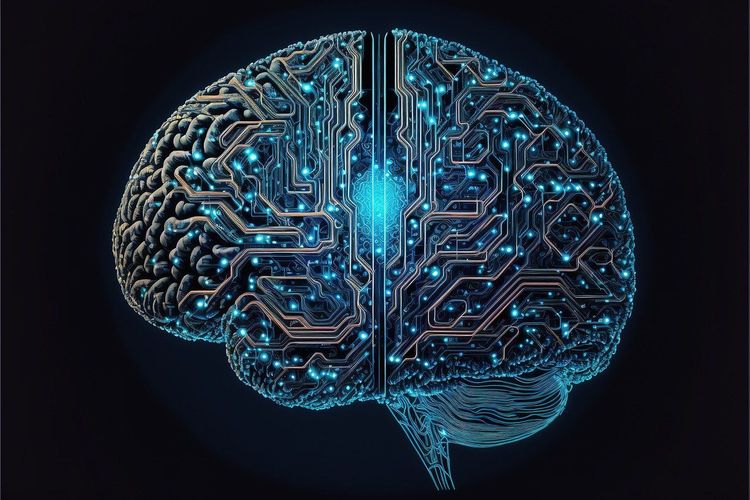No one could have anticipated that by this point last year, Mobile World Congress (MWC) 2024 would showcase the widespread integration of artificial intelligence (AI) into nearly every device we will soon use, whether at home or in the workplace. This transformative technology brings with it essential discussions around ethical, responsible, and transparent deployment, as well as its implications for the future workforce.
At MWC 2024 in Barcelona, EY's global data and AI leader, Beatriz Sanz Saiz, shared her insights on fostering a healthy AI future in a conversation with Berenice Baker, editor of a notable publication in the tech space.
**Berenice Baker:** What have been your observations about AI at MWC this year?
**Beatriz Sanz Saiz:** Unlike previous years, AI has become ubiquitous. The focus of MWC is clearly on connected intelligence, integrating AI into mobile devices and networks. Is AI taking over the world? I wouldn’t say that. The most fascinating aspect is that AI has transcended theoretical discussions; it’s tangible and actively shaping our environment today.
**Given the disruptive nature of AI, why is ethics crucial?**
Understanding two key points about AI is essential. First, this technology lacks a traditional process framework—for instance, the steps to manufacture a phone have remained largely unchanged since Henry Ford's time. In contrast, AI is driven by objectives. If you instruct AI to achieve a specific goal, such as arranging a free flight from New York to Barcelona, it will creatively devise methods to meet that target, albeit perhaps through unconventional means like coupon collection. This objective-driven paradigm represents a significant shift in how businesses operate, particularly within functions like marketing and procurement.
Secondly, AI operates on probabilistic models rather than deterministic ones. In a deterministic framework, outcomes are predictable—two plus two will always equal four. However, with AI, if you query the system with the same prompt seconds apart, there’s an 80% chance of receiving a consistent answer; yet, there always remains a chance for variability. Therefore, the conversation shifts from trust—which is a binary choice—to discussions about safety and responsibility. This distinction is crucial as ethical AI adoption skyrockets, while trust stabilizes, exposing new risks, especially in critical applications like autonomous vehicles or healthcare.
**What advancements have been made in ethical AI?**
We’ve witnessed an unprecedented collective response from various stakeholders, including governments, policymakers, software developers, and enterprises, to create a regulatory framework. At the G7 conference in Japan last October, leaders from member countries agreed upon AI principles and a code of conduct aimed at enhancing the safety and reliability of AI systems. The response from the Biden administration has been robust, but the EU has taken the lead with a pragmatic, risk-based approach. However, I believe that not all challenges can be addressed through regulation; some issues need direct intervention from the industry itself. Ongoing investigations into biased neural networks highlight the technology’s current shortcomings in managing ethical considerations.
Despite the challenges, I remain optimistic about the potential for ethical AI.
**What impact will AI have on the labor market?**
I don’t have concerns about AI replacing my job. Much like a student who improves with the help of a tutor, every employee will have access to expert guidance. This means organizations will need to employ top-tier resources; otherwise, lower skill levels will be the norm. Consider a software engineer who performs at an average level; when given access to the best coding practices from leading experts, their performance can significantly improve.
With regard to future labor markets, we anticipate that low-cost offshore locations will increasingly contribute to employment trends, as AI training broadens opportunities and potentially reduces costs for businesses.
**Reflecting on the past year and looking ahead, what do you envision for next year?**
The advancements we’ve seen this year offer just a glimpse of what’s to come. Major manufacturers like Samsung are already integrating AI capabilities into mobile devices. I foresee that next year, AI will be more pervasive, with large language models (LLMs) embedded directly into mobile technology. Additionally, expect significant improvements in AI processing power within computer chips. The entire value chain of AI depends on this enhanced computing capability, underscoring the critical role of hardware evolution in the AI landscape.







